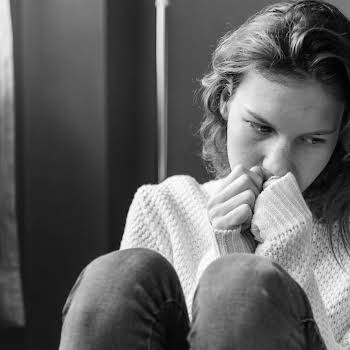
Three in 10 female students in Ireland experience non-consensual sex, a new study has found
By Megan Burns
22nd Jun 2020
22nd Jun 2020
The study, carried out by NUI Galway’s Active Consent programme and the Union of Students in Ireland, surveyed over 6,000 students.
During their time at college, three in 10 female students in Ireland experience non-consensual sex, according to a new study conducted by NUI Galway’s Active Consent programme and the Union of Students in Ireland.
The survey collected the responses of over 6,000 students from 21 institutions between February and April 2020. One in 10 male students and 28% of non-binary students also reported experiencing non-consensual penetration.
This prevalence is combined with a low rate of reporting incidents, with over 70% of respondents saying they do not know what happens if a student reports an incident of sexual assault to their college, and others saying they did not believe their experience was serious enough to report.
Of the students who experienced non-consensual penetration, 49% of male, 35% of female and 25% of non-binary students said they have not told anyone about it.
A further 66% of third-year students have experienced sexual harassment since beginning college, and sexist hostility was the most common form of harassment experienced.
Students with disabilities reported high levels of an experience of sexual misconduct, over half surveyed, while this figure is 42% amongst other students.
Pádraig MacNeela, senior lecturer at NUI Galway and Active Consent programme leader makes clear that many of these incidents described by students are rape.
“Over 1,000 of the female students who took part in the survey described incidents that correspond to rape, while one quarter of male students said they had been subject to sexual misconduct during their time in college. Bisexual, non-binary and queer students described particularly high levels of sexual harassment.”
USI vice president for welfare, Róisín O’Donovan pointed out that while a lot of work has been done to raise awareness of the importance of consent, “this research shows a gap in knowledge of how to report and what happens and should happen when a student makes a disclosure or report. These are areas that can be addressed very quickly by higher institutions and that needs to be one of the on-campus actions taken as a result of these survey findings.”
This information comes as #MeToo is trending in Ireland again as another wave of sexual assault survivors share their stories.
For anyone who has been affected by sexual assault, the Dublin Rape Crisis Centre runs a national 24 hour helpline: 1800 77 8888, or you can email them at [email protected].
Featured image: Element5 Digital via Unsplash
Read more: Ireland international footballer Clare Shine receiving assistance following missing person appeal
Read more: ‘I crawled across the gravel on my stomach’ – unacknowledged, grief becomes razor wire
Read more: WATCH: New Zealand ‘porn ad’ brilliantly starts the consent conversation with teens























